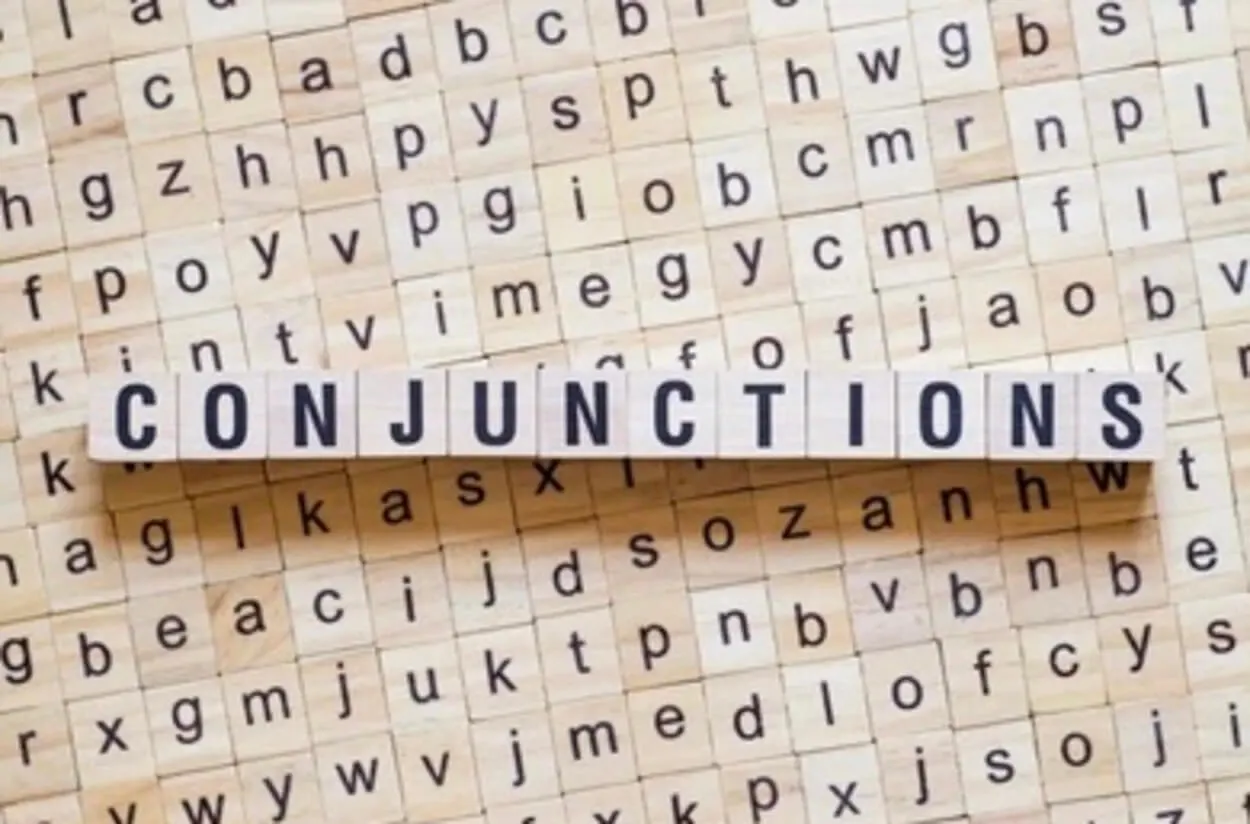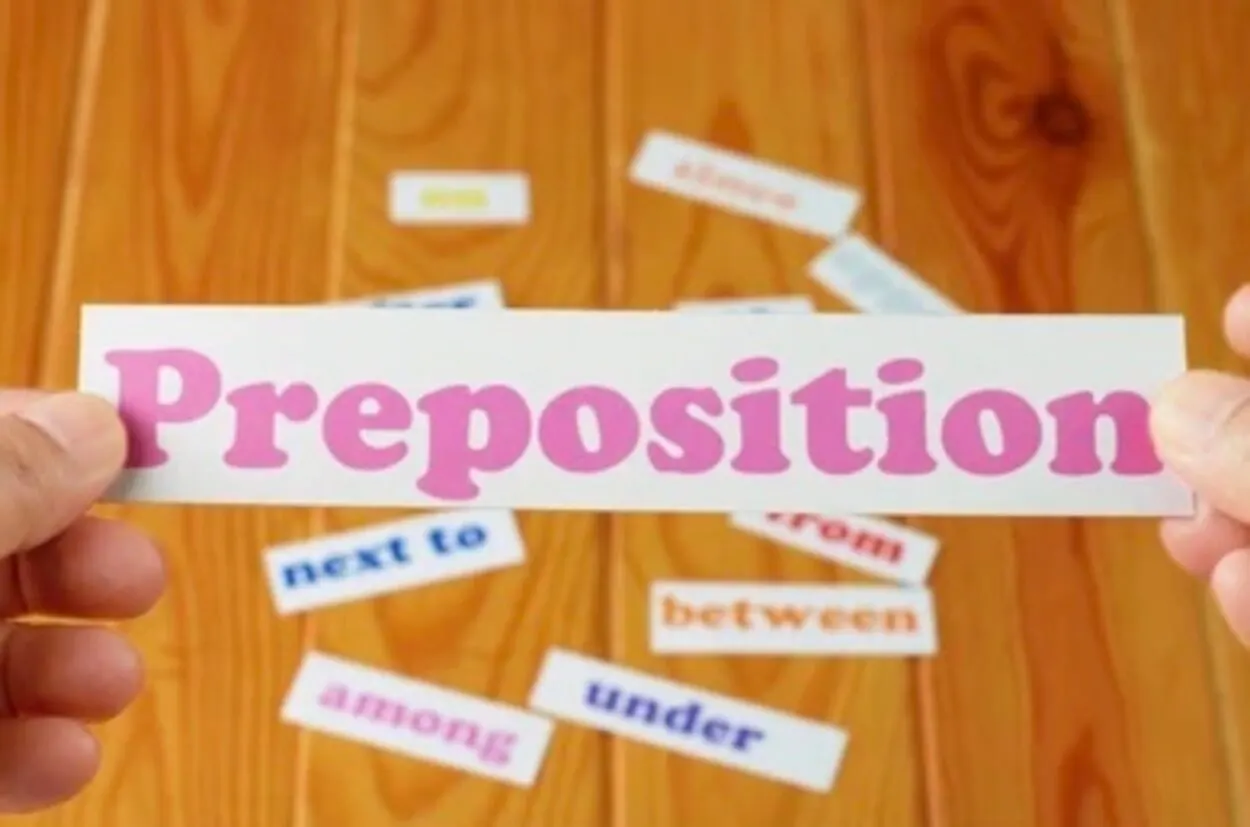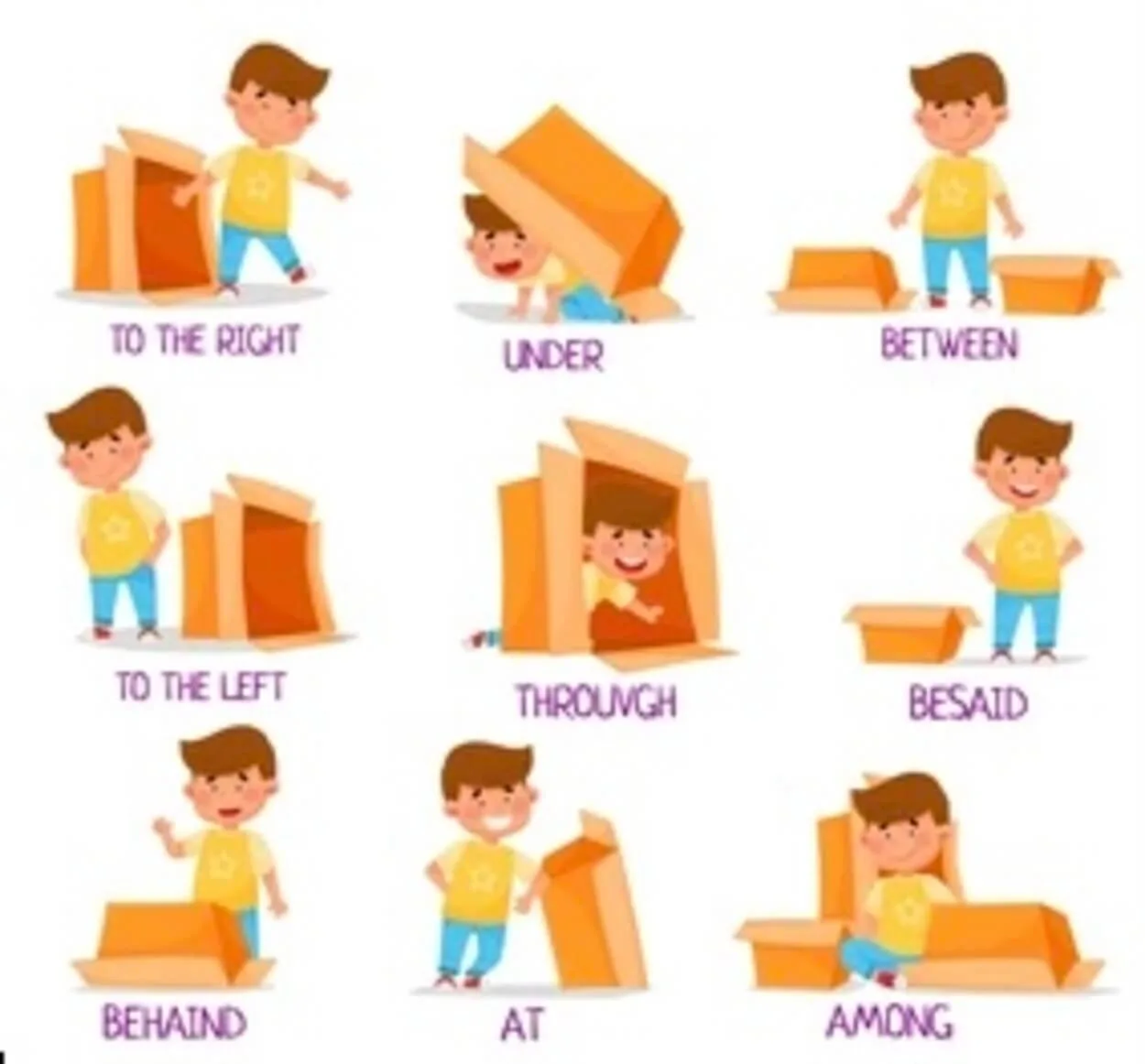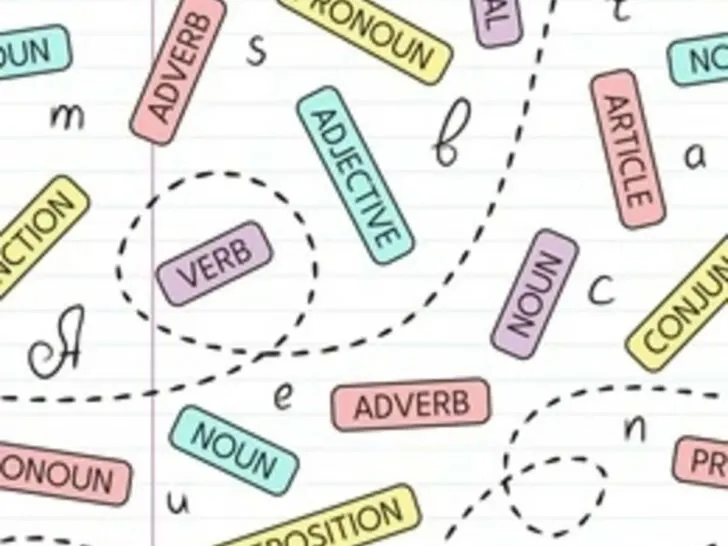Conjunctions and prepositions are the two most important factors of grammar. Conjunctions and prepositions can be quite confusing for someone who’s not familiar with the English language or someone who’s new to English.
You might get confused between conjunction and prepositions since both of them are used for connecting the words and sentences with each other.
The main difference between conjunctions and preposition is that conjunctions are used for connecting two clauses or sentences while prepositions are used for connecting nouns or pronouns to another word.
In this article, we’ll discuss conjunction and preposition in more detail.
What Are Conjunctions?
Conjunctions are used to show connections between the ideas and sentences. Conjunctions are important in writing since they hold the sentences together and connect the ideas.
Conjunctions are the words that relate clauses and sentences together. There’re two types of conjunctions in the English language, coordinating conjunctions and subordinating conjunctions. Coordinating conjunctions connect two independent clauses, whereas, subordinating conjunctions link a dependent clause to an independent clause.
Coordinating Conjunctions
Coordinating conjunctions are used for joining two equal parts. They’re quite important when used with a comma, they can connect two completed sentences together. However, it’s not necessary that they have to connect to complete sentences together, they can even connect smaller, equal parts of a sentence.
The key to using coordinating conjunction in your sentences is to think about what they are connecting. This will help you in deciding which coordinating conjunction is more suitable according to your sentence and how to punctuate.
Coordinating conjunctions contain only seven words, which are also known as FANBOYS. Here’s the list of coordinating conjunctions:
- For
- And
- Nor
- But
- Or
- Yet
- So
If you’re using coordinating conjunctions to connect two sentences, then do keep in mind that you may have to use commas with coordinating conjunction. Here’s an example:
- I knew that clip from the movie would go viral, but I am surprised at how quickly it happened.
However, if you’re not using coordinating conjunctions for two complete sentences and are just connecting smaller, equal parts of a sentence, you should not use a comma. Here’s an example:
- I knew that clip from that movie would go viral but am surprised at how quickly it happened.
You can see that there’s no comma because it no longer has two complete sentences (or independent clauses)—one before and after the coordinating conjunction. In the second example, the conjunction is simply coordinating a compound predicate.
Coordinating conjunction can also be used for connecting smaller words and phrases. The key is to coordinate equal parts:
- Banana and oranges
- Going to the office or staying home to relax
- Werewolves and vampires
- Small but powerful

Subordinating Conjunctions
Subordinating conjunctions are used to connect parts that aren’t equal. In fact, you’ll be able to tell by the name that they make a phrase subordinate to the main phrase or clause. Most common subordinating conjunctions are, after, although, because, before, even though, since, though, and when.
The tip for using subordinating conjunctions correctly is that you should remember that subordinating conjunction sets off a phrase, so there should always be words with it.
When subordinating conjunctions are used at the beginning of a sentence, the subordinating phrase is always set off with a comma. When subordinating conjunction is used at the end of the sentence, the subordinating phrase isn’t usually set off with commas.
However, there are a few exceptions, which are when you use words like although or even though at the end of a sentence, you have to use a comma. Since these set-off phrases show contrast, they still get a comma, even when they’re used at the end of the sentence.
Here’re a few examples:
- Although I tried, I couldn’t complete it before the deadline.
- I couldn’t complete it before the deadline, although I tried.
- Because my clock didn’t work, I missed my meeting this morning.
- I missed my meeting this morning because my alarm clock didn’t work.
You can see a comma with the although the phrase, no matter where it’s used in the sentence, but the because phrase follows the standard “rule”. It’s important to remember that although can’t be used alone.
What Are Prepositions?
Prepositions are words that relate words to each other. They indicate location, time, or other more abstract relationships. Here are some examples of prepositions:
- The trees behind my house are super scary at night.
- She slept until 12 in the afternoon.
- She was happy for them.
A preposition combines one word with the other (usually a noun or pronoun) called the complement. They usually come before their complements (like in England, under the table, of Jane). However, there’re a few exceptions, including notwithstanding and ago:
- Financial limitations notwithstanding, Phil paid back his debts.
- He was discharged three days ago.
Prepositions of location are pretty easy to use and can be defined easily, such as near, far, over, under, etc, and prepositions for a time as well, such as before, after, at, during, etc.
The most commonly used preposition are one-syllable words. The most common English prepositions are on, in, to, by, for, with, at, of, from, and as. There are some preposition with more than one word, such as:
- In spite of (she made it to school in spite of the terrible traffic.)
- By means of (He traveled by means of boat.)
- Except for (Joan invited everyone to her party except for Ben.)
- Next to (Go ahead and sit down next to Jean-Claude.)

Using Prepositions
It may find it difficult and struggle with trying to use the correct prepositions. Some verbs need a certain preposition. Here’s a table containing some of the most commonly misused preposition/verb pairs:
| Of | With | About | From | On | To |
| Think of | Meet with | Feel about | Escape from | Base on | React to |
| Consist of | Confuse with | Laugh about | Hide from | Play on | Appeal to |
| Hope of | Begin with | Dream about | Resign from | Rely on | Contribute to |
Prepositions in Sentences
You must have heard about the prepositional phrase. A prepositional phrase includes a preposition and its complement (e.g., “behind the house” or “a long time ago “).
These phrases can be used at the beginning or end of a sentence, however, they usually need a comma afterward. Here are a few examples:
- You can drop that off behind the office.
- A long time ago, dinosaurs roamed the world.
- As the saying goes, hard work always pays off.

Conjunction vs. Prepositions
The main difference between conjunctions and preposition is that conjunctions are the words that connect two clauses and sentences together. Whereas, the preposition is the part of speech that comes before a noun or a pronoun while expressing it in relation to the other parts of the clause.
Conjunctions are the words that are used to join sentences together. Conjunctions link two phrases with each other and help to avoid obscurity, in terms of the meaning of the text.
On the other hand, prepositions are used to define a noun or pronoun, in terms of direction, location, time, etc. Prepositions give meaning and purpose to nouns and pronouns. A preposition is typically used before nouns and pronouns.
Here’s a table comparing conjunctions and prepositions:
| Preposition | Conjunction | |
| Meaning | The part of speech that precedes a noun or a pronoun while expressing it in relation to the other parts of the clause. | The connecting of a word that joins two clauses or sentences together. |
| Commonly used prepositions/conjunctions | On, in, for, from, it, etc. | And, if, but, though, although, etc. |
| Example of usage | Your books are on the table and your clothes are in the cupboard. | Your books are on the table and clothes are in the cupboard |
Conclusion
Conjunctions and prepositions are the two most significant elements in the English language. Both of them are used for connecting words with each other. Preposition relates one word to another. Whereas, conjunctions connect one sentence with another.
People often get confused between conjunctions and prepositions since both of them have the same functions. However, conjunctions and prepositions have different rules and are used differently in sentences.
But even though conjunctions and prepositions have different functions, some words can be used as both conjunctions and prepositions. You can tell the difference between the word by looking at the meaning and context of the relevant sentence.

